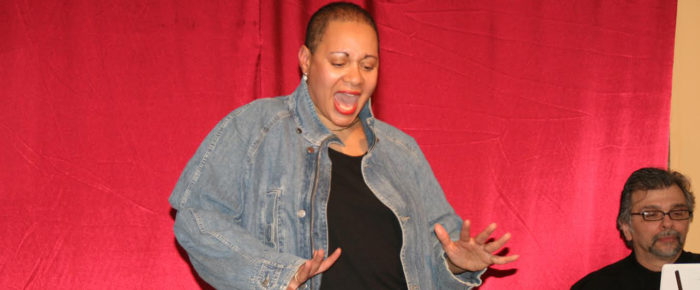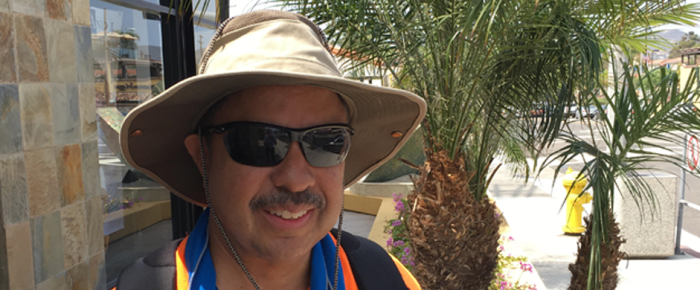Ivonne Coll is not a mother, or a grandmother, in real life, but she plays the role of both on television. Coll, otherwise known as Alba, plays the matriarch of…
Read moreHow writing her life story led a woman to inner healing

Maria Aponte was born and raised an only child in East Harlem, otherwise known as “El Barrio,” in New York City, to Puerto Rican parents. Because she lost her mother…
Read moreBronx poet uses storytelling to educate others about their history

Bobby Gonzalez has had practically every job you could think of — from a medical records clerk in a hospital to customer service at a utility company. However, he says…
Read morePastor walks 150 miles in the name of immigration

Bishop José Garcia, 63, just finished walking an average of 12 miles a day, for 11 days straight. Not for exercise, but for the basic rights of immigrants. “El Camino del Inmigrante,”…
Read moreBorinqueneer still serves as a military intelligence volunteer at 92

The 65th Infantry Regiment, otherwise known as “Borinqueneers,” was created in 1899 by the U.S. Congress as a segregated unit composed primarily of Puerto Ricans. Thousands of these brave men…
Read more